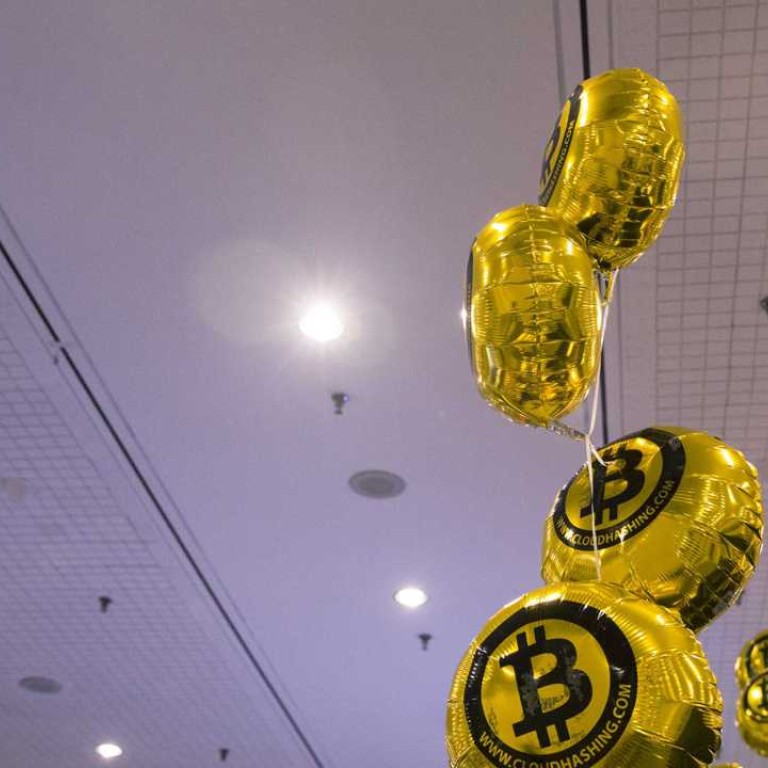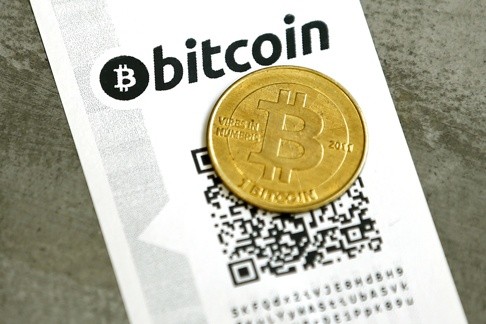
Pay attention to bitcoin-like technology, Bank for International Settlements tells lenders
Cryptocurrencies such as bitcoin are just the surface of what could be major a major disruption to the financial industry
Digital currencies may come and go. But the banks and regulators sweating the rise of cryptocurrencies like bitcoin should keep a close eye on the technology behind the coins, says a report from the Bank for International Settlements (BIS).
More digital currencies are circulating today than buyers know what to do with. Some 600 are out there and the plethora of formats and protocols behind them could hinder consolidation into a robust market.
READ MORE: Bitcoin soars 25pc on Chinese demand, above US$500 for first time in over a year
“This diversity may represent a barrier to the use and acceptance of these schemes, as fragmentation in various initiatives could be an obstacle to achieving the critical mass necessary to realise the network effects that are common to all payment networks,” BIS’ Committee on Payments and Market Infrastructure pointed out in its first report on digital currencies in several years.
Bitcoin, which grabbed global attention in 2013 when its value soared beyond US$1,000, uses a public protocol called blockchain. It’s one of many technologies used to process cryptocurrencies.
However, all of these currencies, which are often classified as digital assets or commodities by regulators, have one thing in common. They are all decentralised, meaning that no government or central bank issues the currencies or can control their circulation. A technology called distributed ledger makes decentralisation possible – and this is the main thing banks should be watching, the report points out.
READ MORE: Cyberattack could catch Asian banks off-guard
“Blockchain is a type of distributed ledger technology,” says Nilesh Dusane, head of global sales at California-based Ripple Labs. “These technologies simply mean that instead of a central authority using its own ledger to track transactions or assets within a network, they create a digital record distributed across multiple computers with no central administrator.”
Ripple Labs has developed its own protocol for payments, called Ripple, also based on a distributed ledger but not on digital currencies. The technology is gaining traction with banks, which is an early sign that at least some financial institutions are warming up to distributed ledger.
However, the impact could go much deeper than payments. The fundamental principle of a decentralised ledger, as opposed to one controlled by a bank or central bank, is that it destroys the netting of value that the institutions have long based their businesses on when processing payments or other transactions.

In that regard, wide adoption of the technology could wring out traditional revenues across the financial industry.
“The distributed ledger technology underlying many digital currency schemes could have a much broader application beyond payments,” BIS said. “In particular, it is conceivable that distributed ledgers could have an impact on the pledging of collateral or on the registration of shares, bonds, derivatives trades and other assets. The use of distributed ledgers may also induce changes in trading, clearing and settlement as they could foster disintermediation of traditional service providers in various markets and infrastructures.”
In Hong Kong, like in many jurisdictions, banks have to keep their distance from bitcoin, fearing the regulatory uncertainty that comes along with it. Pitching the technology itself to banks has been smoother.
“It’s been hard to get banks to talk about bitcoin here,” says Leonhard Weese, the president Hong Kong’s Bitcoin Association. “Talking about blockchain is a way to get your foot in the door.”
